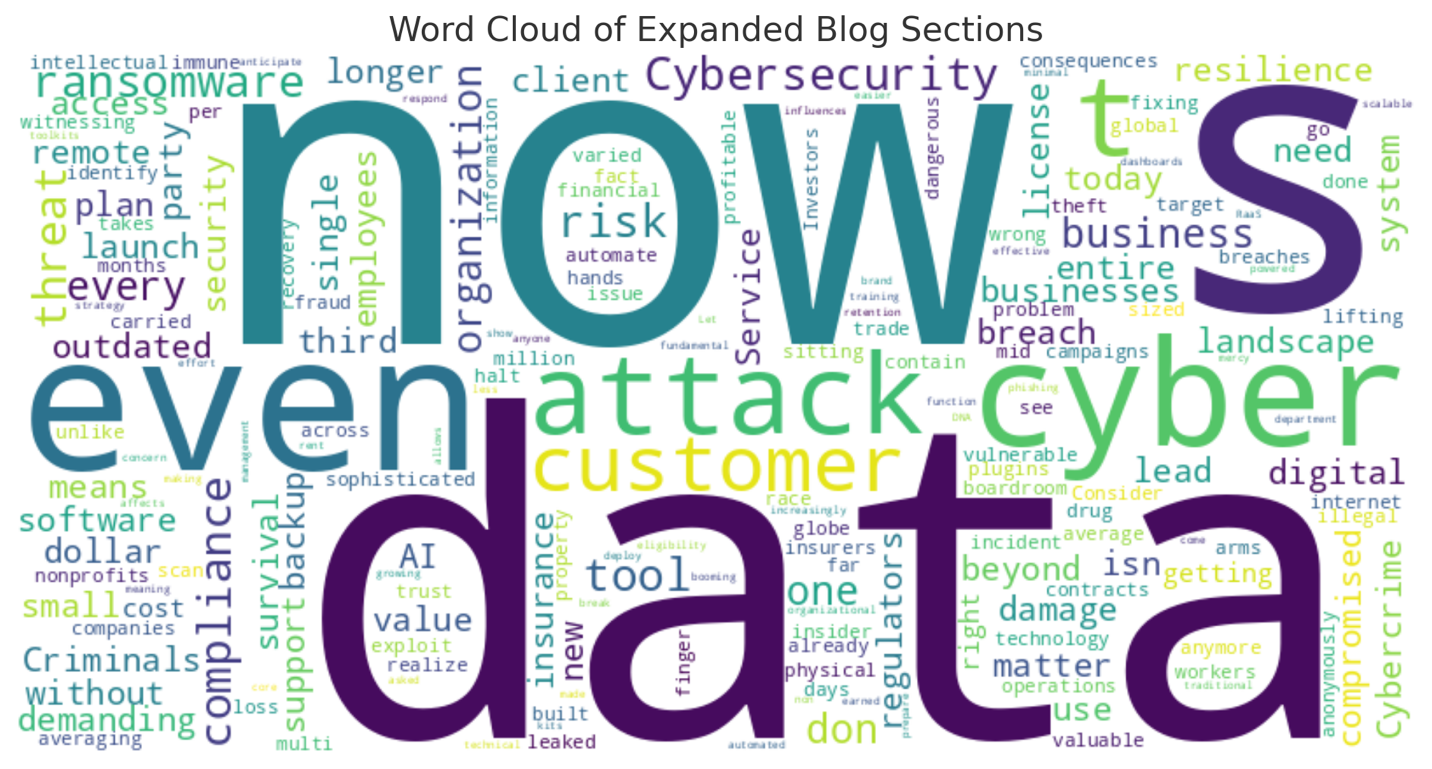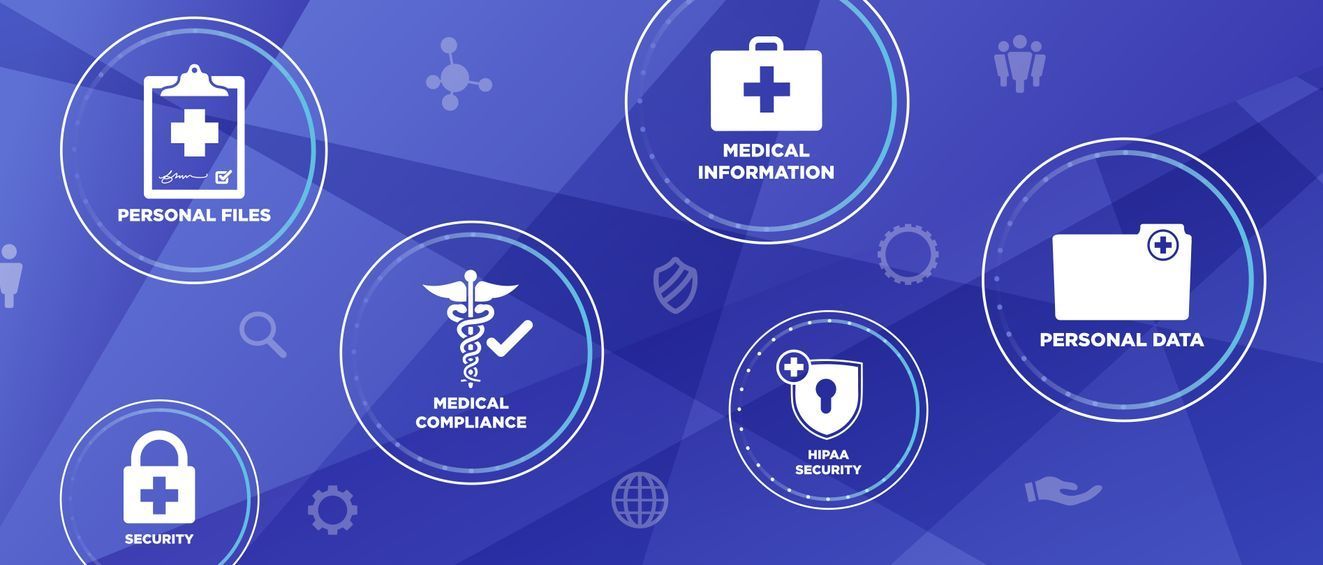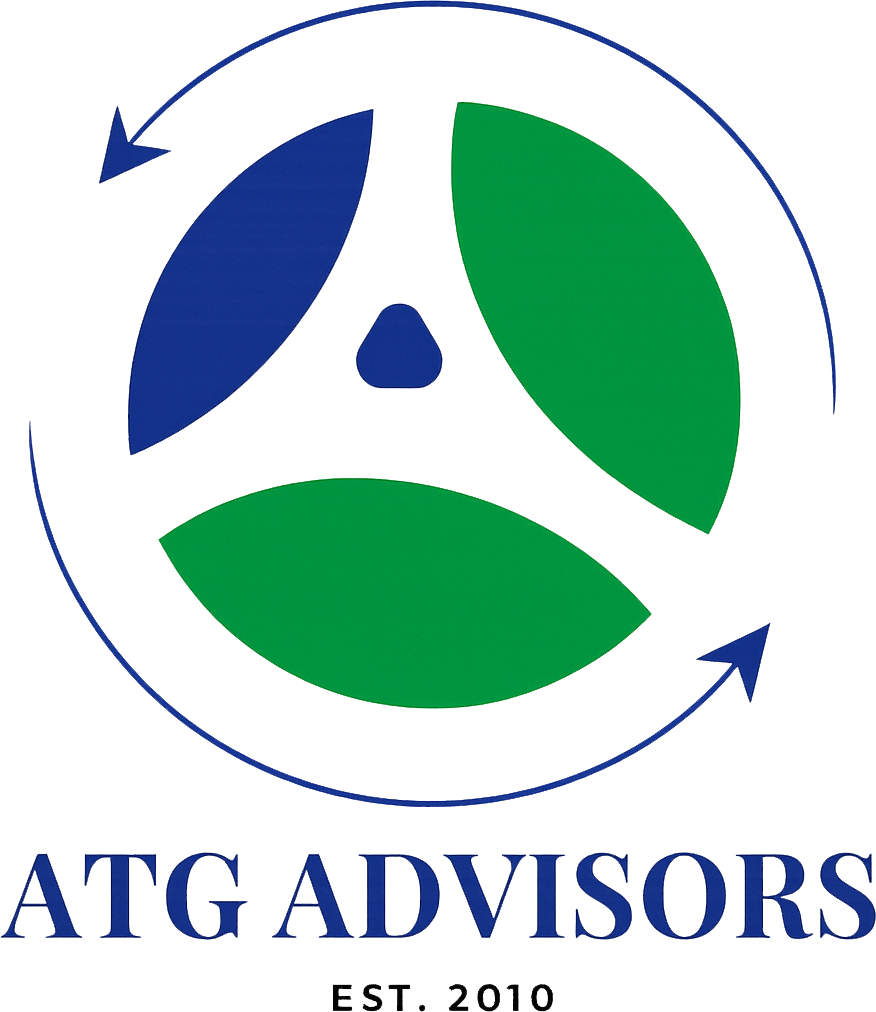Understanding BCCRA: A New Standard in Business Compliance

In a post-pandemic world of evolving regulations, rising cyber threats, and investor scrutiny, traditional compliance checklists are no longer enough. Businesses are expected to prove—not just claim—that they’re secure, operationally sound, and legally compliant. That’s where BCCRA comes in.
The Business Compliance & Continuity Risk Assessment (BCCRA) is a comprehensive tool developed by ATG Advisors to help organizations proactively identify, score, and correct compliance weaknesses across both financial and IT systems. Think of it as a risk radar and strategic compliance engine—built for modern business challenges.
In this article, we’ll break down what BCCRA is, why it matters, and how your organization can use it to reduce audit risk, build trust, and protect your bottom line.
What Is BCCRA?
BCCRA stands for Business Compliance & Continuity Risk Assessment. It’s a proprietary scoring and review framework developed to assess how well an organization adheres to:
- Financial compliance regulations (tax, payroll, reporting)
- IT and cybersecurity compliance standards (HIPAA, PCI-DSS, ISO/IEC 27001)
- Operational risk and business continuity preparedness
- Internal control policies and governance structure
BCCRA is not just an audit checklist. It’s a proactive system that:
- Scores your risk exposure on a 100-point scale
- Benchmarks your status against industry expectations
- Recommends prioritized remediation actions
- Tracks your improvement over time
- Provides documentation to satisfy regulators, funders, or board oversight
The BCCRA model aligns with IRS compliance pillars, NIST security frameworks, and best practices in audit readiness.
What Does BCCRA Evaluate?
The assessment is broken into key compliance domains:
🔹 1. Financial Controls
- Is your accounting system reconciled and secure?
- Are you current on tax filings (payroll, income, sales)?
- Do you have proper expense documentation and approval processes?
- Are employee classifications (W-2 vs 1099) correct?
🔹 2. Cybersecurity & IT Infrastructure
- Is your network protected with firewall, antivirus, and MFA?
- Are you compliant with data privacy laws (GDPR, HIPAA)?
- Do you have secure backup and disaster recovery systems?
- Is employee access to sensitive data monitored and role-based?
🔹 3. Business Continuity Planning
- Do you have a written continuity plan for disruptions?
- Can your team operate remotely without security gaps?
- Are critical vendors and platforms accounted for in your risk plan?
🔹 4. Compliance Documentation & Oversight
- Are policies updated and reviewed annually?
- Do you conduct internal audits or reviews?
- Are key compliance responsibilities assigned to the right staff?
Each area receives a weighted score, generating an overall BCCRA risk score with red/yellow/green status indicators.
Why BCCRA Matters in 2025
- Audits Are More Frequent
- Federal, state, and insurance audits are increasing—and becoming more digital. Agencies want to see proof of compliance, not just policies on paper.
- Cyber Risk Is Financial Risk
- A ransomware breach doesn’t just shut down your server—it can shut down your business, trigger lawsuits, or disqualify you from government funding.
- Clients and Funders Are Watching
- Large clients, grant makers, and banks now ask for cybersecurity and compliance disclosures before awarding contracts or capital.
- Business Value Depends on Governance
- Buyers and investors are putting risk management and continuity planning on par with profitability. A poor compliance posture can lower valuation.
What Happens Without BCCRA?
Organizations that don’t assess their compliance risk face:
| Risk | Consequence |
|---|---|
| Tax compliance failures | IRS penalties, audits, revoked status |
| Payroll classification errors | Back taxes, interest, and legal exposure |
| Cybersecurity gaps | Data breaches, lawsuits, business shutdowns |
| Poor internal controls | Fraud, theft, financial misstatements |
| No business continuity plan | Operational collapse during emergencies |
Nearly 60% of small to mid-sized businesses go out of business within 6 months of a major compliance failure or cyber event.
How BCCRA Scoring Works
ATG uses a secure digital assessment tool to evaluate each domain across 50+ questions. Each response is scored based on:
- Severity of risk
- Compliance requirement (mandated vs best practice)
- Likelihood of incident or audit
- Remediability (how easily it can be fixed)
You receive:
- Overall score (0–100)
- Risk tier: Low (Green), Medium (Yellow), High (Red)
- Customized Action Plan to address flagged issues
- Printable compliance report for audits or investor packets
Case Study: BCCRA in Action
Client: A multi-location mental health nonprofit
Problem: Increasing funder scrutiny and an IT security incident
Solution:
- ATG performed a full BCCRA review
- Identified outdated data handling policies, late payroll filings, and MFA gaps
- Delivered remediation roadmap with timelines and responsibilities
- Supported implementation over 60 days
Result:
- BCCRA score improved from 48 (high risk) to 89 (low risk)
- Passed state audit and maintained grant eligibility
- Added confidence for board and donors
How ATG Implements BCCRA
- Initial Assessment Interview
- Secure Digital Survey and System Review
- Risk Score and Tier Calculation
- Remediation Planning + Tools Provided
- Optional Implementation Support and Policy Templates
- Ongoing Monitoring (monthly or quarterly)
🧩 BCCRA can be paired with ATG’s tax planning, payroll, and IT compliance services for a full risk management bundle.
Ideal BCCRA Candidates
- Nonprofits receiving government or foundation funding
- Healthcare providers subject to HIPAA or PCI
- Professional service firms seeking growth capital
- Businesses with remote teams or digital assets
- Organizations scaling from startup to mid-size operations
Ready to Score Your Risk?
Whether you’re preparing for an audit, growing your operations, or just want peace of mind—BCCRA is your compliance early warning system.
📧 Email:
info@atgadvisors.com
📍 Call:
704-303-9998
Schedule your BCCRA consultation today and receive a free readiness checklist with your assessment.
Related Articles
“How to Pass a Financial Audit: 10 Steps for Internal Readiness”
“Top Cybersecurity Compliance Requirements for SMBs in 2025”
“Understanding Employee Classification: W-2 vs. 1099”



